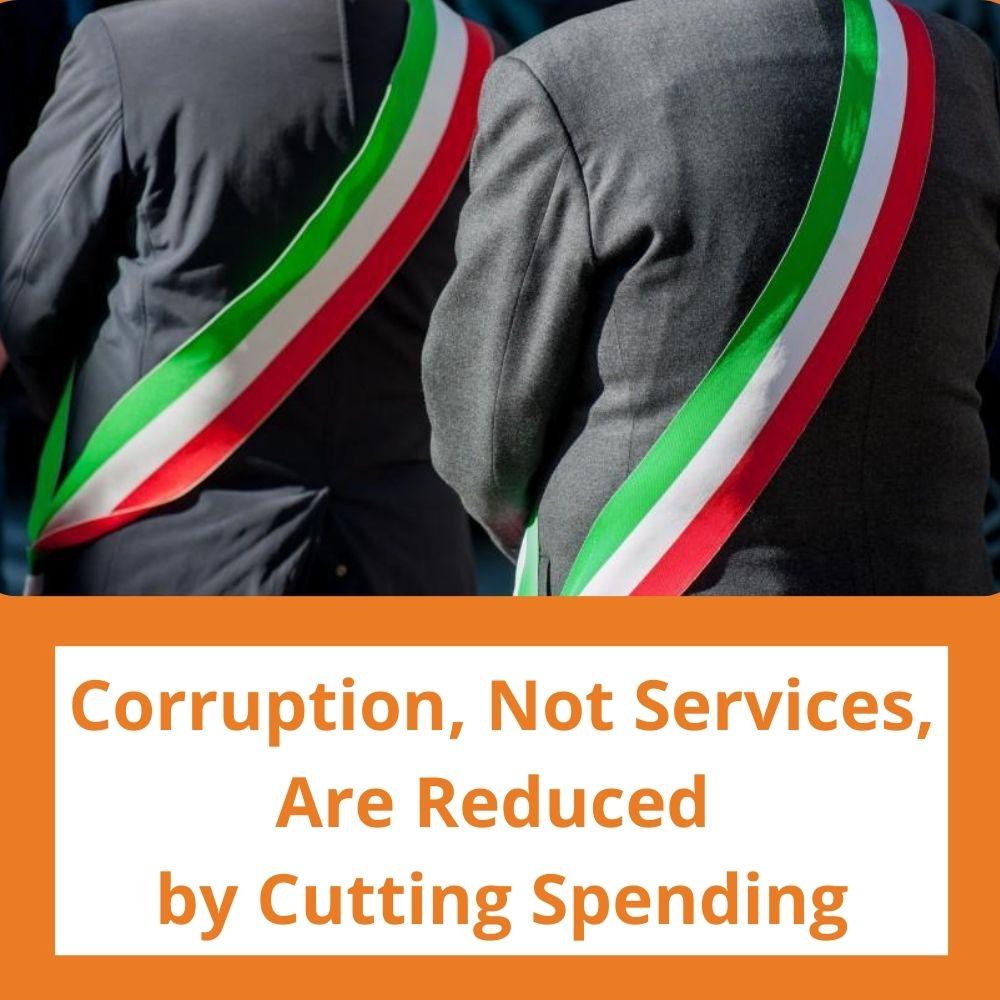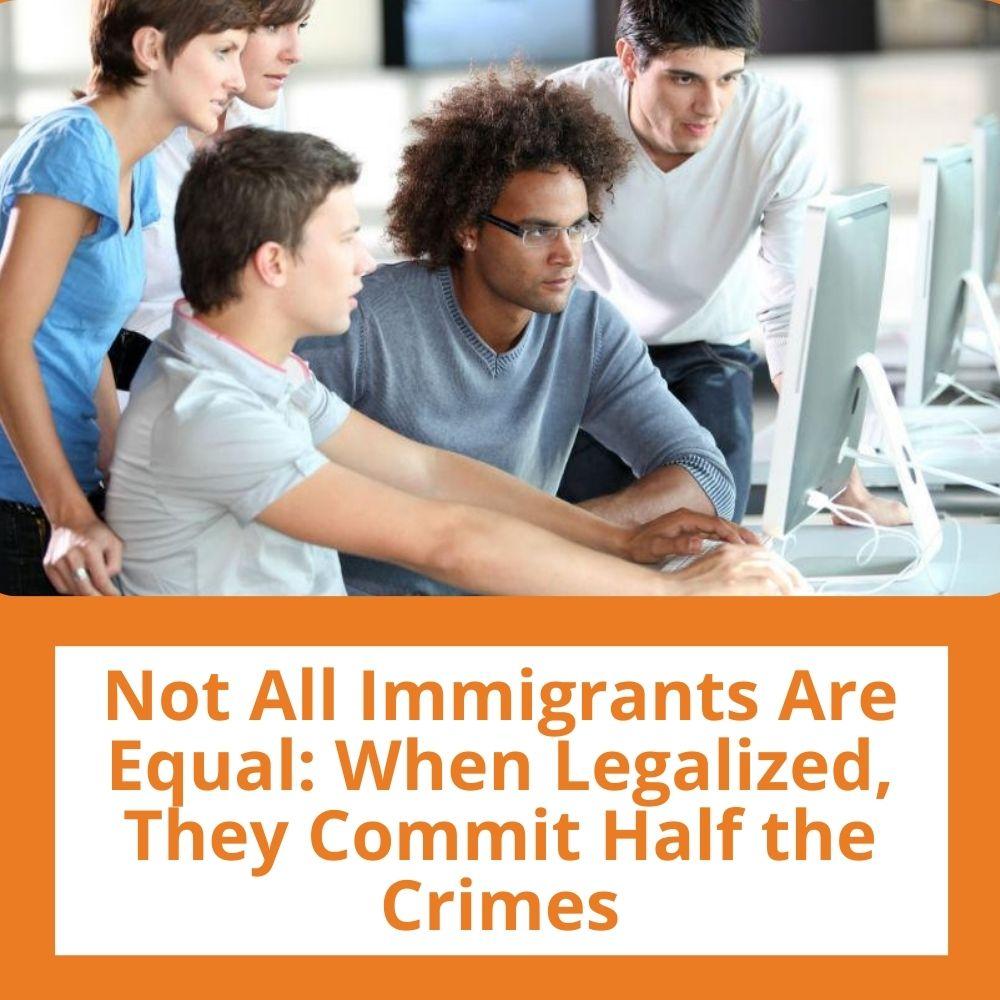
Preventing Crime with Quantitative Research
THE MINISTER OF THE INTERIOR, LUCIANA LAMORGESE, WILL SPEAK AT THE BOCCONI RESEARCH IMPACT AWARD CEREMONY AND AT THE PRESENTATION OF THE RESEARCH ACTIVITIES OF PAOLO PINOTTI'S CLEAN (CRIME, LAW AND ECONOMIC ANALYSIS) GROUPPaolo Pinotti won the Bocconi Research Impact Award 2021 with a study, “Clicking on Heaven's Door: The Effect of Immigrant Legalization on Crime,” that shows how legalizing immigrants has the remarkable side effect of halving their crime rates. The professor, holder of the Endowed Chair in the Economic Analysis of Crime, came to his conclusion thanks to a statistically rigorous analysis, made possible by a curious aspect of Italian law: the click day that, in essence, assigns a certain number of residence permits every year, relying on the chronological order of online applications.
The permits are sold out in a few minutes, and Professor Pinotti was able to compare the crime rate of the immigrants who sent their application immediately before the cut and those who sent it immediately after. The result was that the crime rate of legalized immigrants dropped by half over the next year, while the crime rate of those who didn't make it did not change.
The study will be presented Monday, April 4 at the University, during a prize-giving ceremony at which the Minister of the Interior, Luciana Lamorgese, will also speak.During the day, the threads of research pursued by scholars working with Professor Pinotti in the Endowed Chair and at CLEAN (Crime, Law, and Economic Analysis), a research unit of the Baffi-Carefin Centre at Bocconi, will be presented.
Gianmarco Daniele and Giovanna Marcolongo study the relation between public spending, corruption and organized crime. Marcolongo analyzes procurement in the aftermath of earthquakes in Italy and observes that Mafia infiltrations become stronger as the emergency relief period expires, when the need for reconstruction (and subsequent works) is still strong, but public monitoring becomes weaker.
Daniele studies the effects of public spending cuts, coming to the conclusion that, if well-designed, they can reduce corruption without affecting the quality of services, as happened when the Internal Stability Pact was extended to municipalities with fewer than 5,000 inhabitants. The existence of sanctions for those who did not cut spending and the strong accountability of local politicians with respect to the electorate in such small centers are the characteristics that qualify that cut as well-designed.




The existence of high-quality big data makes Brazil a perfect case for studying the fight against violence and corruption, as Diogo Britto, Manoel Gehrke, and Marco Le Moglie do.
Britto uses big data to study the relation between job loss and crime and to study public policies aimed at reducing it. Unemployment benefits, for example, prove effective in breaking the link for younger workers.
Gehrke uses data from a variety of sources to study nepotism and corruption and arrives at an explanation for why policies to fight corruption are so rarely effective. The fragmentation of local elites appears to play an important role in determining different outcomes for the same policy.
Le Moglie comes to a disturbing conclusion: the share of "criminals" among politicians is higher than that of the general population, and having committed a crime before entering politics increases the probability of both running for a public office and of winning.
The event can be followed on Zoom, CLICKING HERE (passcode 040422 if requested).
by Fabio Todesco
